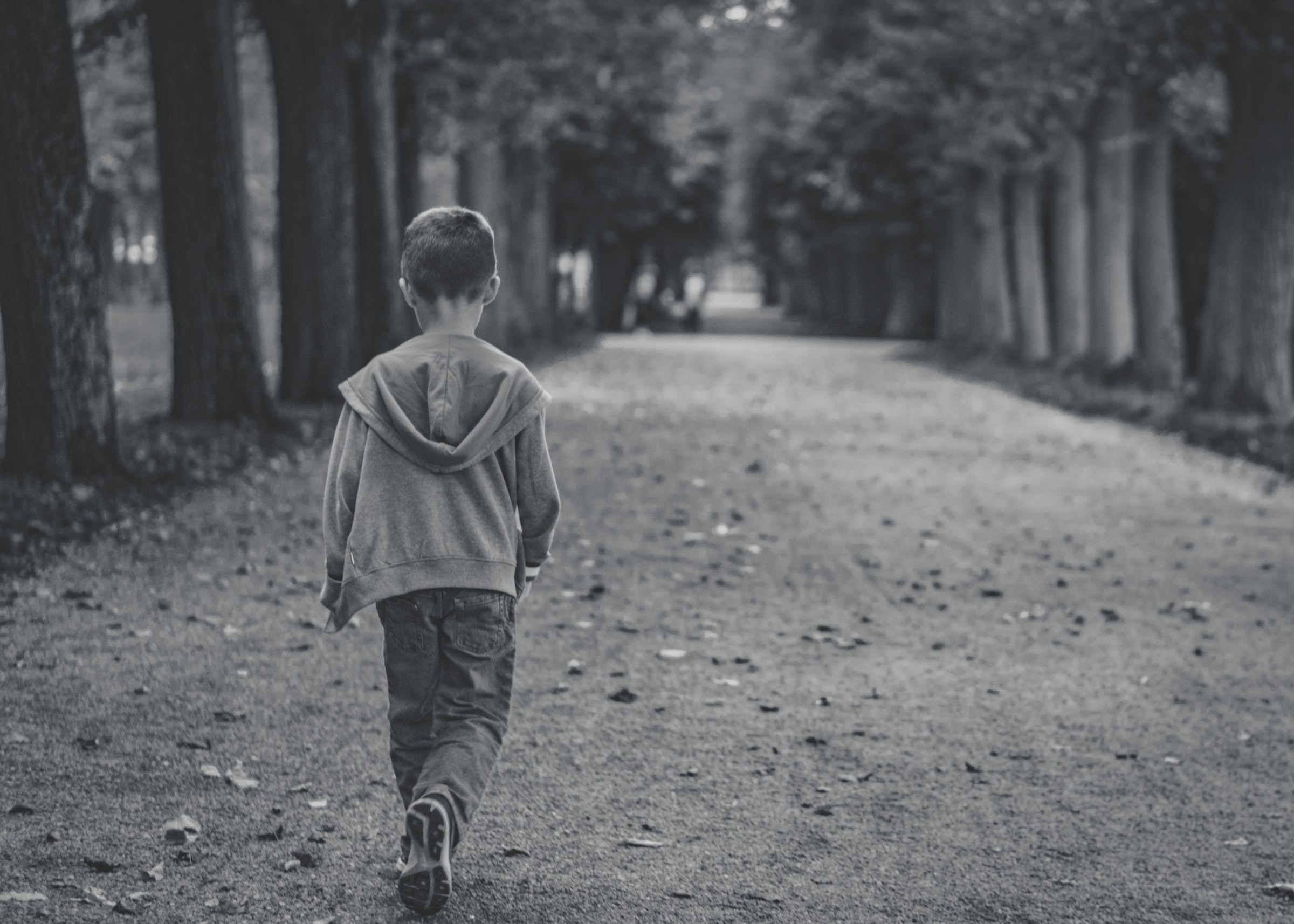Childhood trauma can have many complications in adult life. Traumatic events can impact our daily lives for years after the event, and if left untreated and unprocessed, can lead to more problems later in life.
Experiencing abuse and neglect at a young age can change a child’s brain and affect how they experience connections and relationships as an adult. As children’s brains develop so rapidly, traumatic events can have increasingly negative effects on early brain development, with the potential to lead to permanent changes of neural networks such as those that govern stress and arousal.[1] One paper also found that in a sample of 231 women, a history of childhood sexual abuse was connected with loneliness in adulthood.[2]
Trauma can change how we relate to others and experience relationships. If a child has no experience of healthy relationships, they will not know how to form them in the future, which can lead to increased feelings of loneliness and isolation in adult life.
Childhood Relational Trauma
An aftereffect of childhood abuse and neglect is relational trauma. This develops when children are exposed to adverse events such as abuse, sexual violence, bullying, emotional abuse, and rejection. It can lead to many issues when creating new relationships and maintaining attachments, and affect numerous aspects of a person’s life, including:
- Emotional self-regulation
- Behavioural control
- Self-destructive behaviour
Childhood relational trauma is incredibly damaging to self-esteem, self-image, and the ability to create strong relationships with others. People struggling with this kind of relational trauma can fear intimacy, mistrust others, and feel highly insecure due to the events of their past.
This trauma can often stem from having inconsistent parents who may vary in how they treat their children, often interspersing periods of abuse with periods of better treatment. Children raised this way are often confused and hurt and carry the scars left by this treatment throughout their lives. If they then have children, they may treat their children the way their parents treated them, therefore repeating the cycle of trauma.
Relational trauma can also stem from being rejected or bullied throughout childhood by both peers and parents. Witnessing domestic violence or being a child of divorce can also be traumatic childhood events that can cause relational trauma. The underlying cause for this type of trauma is the violation of trust, and when trust is broken, it can put children at risk for developing relational trauma.
Symptoms of relational trauma can vary, but common exhibitors include:
- Social anxiety
- A lack of confidence
- Depending on the attention of others, especially romantic partners
- Selfish or manipulative behaviour
- Discipline problems in school
- Feelings of unworthiness
- Depression
These symptoms can lead to those with childhood relational trauma struggling to maintain healthy relationships throughout their lives.
Loneliness and Your Health
There have been several studies into the relationship between childhood trauma and loneliness later in life. One such study investigated loneliness, shame and health in those with violent childhood trauma and found that the shame stemming from childhood trauma was related to increased loneliness over time and that this could affect people’s physical health.[3]
Physical health effects from loneliness can be varied. Research has shown that lonely adults get less exercise, sleep worse, and have a diet higher in fat than those who are not lonely.[4] Loneliness can also affect cells and cause premature ageing, and lead to an increase in stress.
Human connection is incredibly important to our mental health as well as our physical health. Sometimes it can turn into a vicious cycle – your mental health can make you feel lonely, but feeling lonely can also damage your mental health. Loneliness can influence feelings of depression, as those without close friends or family can struggle to find someone to rely on and confide in.
Many of those with childhood trauma are afraid of rejection, as they may have experienced it a lot when they were young. This can complicate feelings of loneliness, as they may not reach out to loved ones or attempt to forge new connections to alleviate loneliness due to this fear.
Conclusion
Childhood trauma can be incredibly damaging to all areas of life, and especially when it comes to developing close personal relationships. Traumatic events experienced in childhood can influence how the brain develops, and as children grow older, they may experience adverse effects, such as social anxiety or feelings of unworthiness.
However, as bleak as this might sound, there is always hope. With long-term therapy, relational and childhood trauma can be healed, and children and young adults can learn how to build healthy relationships.
Khiron Clinics is fully equipped to treat children and young adults and help them work through and process unresolved childhood trauma. Contact us today for more information about our specialist techniques and methods.
At Khiron Clinics C+A, attuned therapists can help you work through and process any unresolved trauma using specialist techniques and methods. Please contact us today.
Sources:
[1] Ludy-Dobson, Christine R., and Bruce D. Perry. “The role of healthy relational interactions in buffering the impact of childhood trauma.” Working with children to heal interpersonal trauma: The power of play (2010): 26-43.
[2] Shevlin, Mark, Eoin McElroy, and Jamie Murphy. “Loneliness mediates the relationship between childhood trauma and adult psychopathology: evidence from the adult psychiatric morbidity survey.” Social psychiatry and psychiatric epidemiology 50.4 (2015): 591-601.
[3] Thoresen, Siri, et al. “Loneliness as a mediator of the relationship between shame and health problems in young people exposed to childhood violence.” Social Science & Medicine 211 (2018): 183-189.
[4] Schrempft, S., Jackowska, M., Hamer, M. et al. Associations between social isolation, loneliness, and objective physical activity in older men and women. BMC Public Health 19, 74 (2019). https://doi.org/10.1186/s12889-019-6424-y



